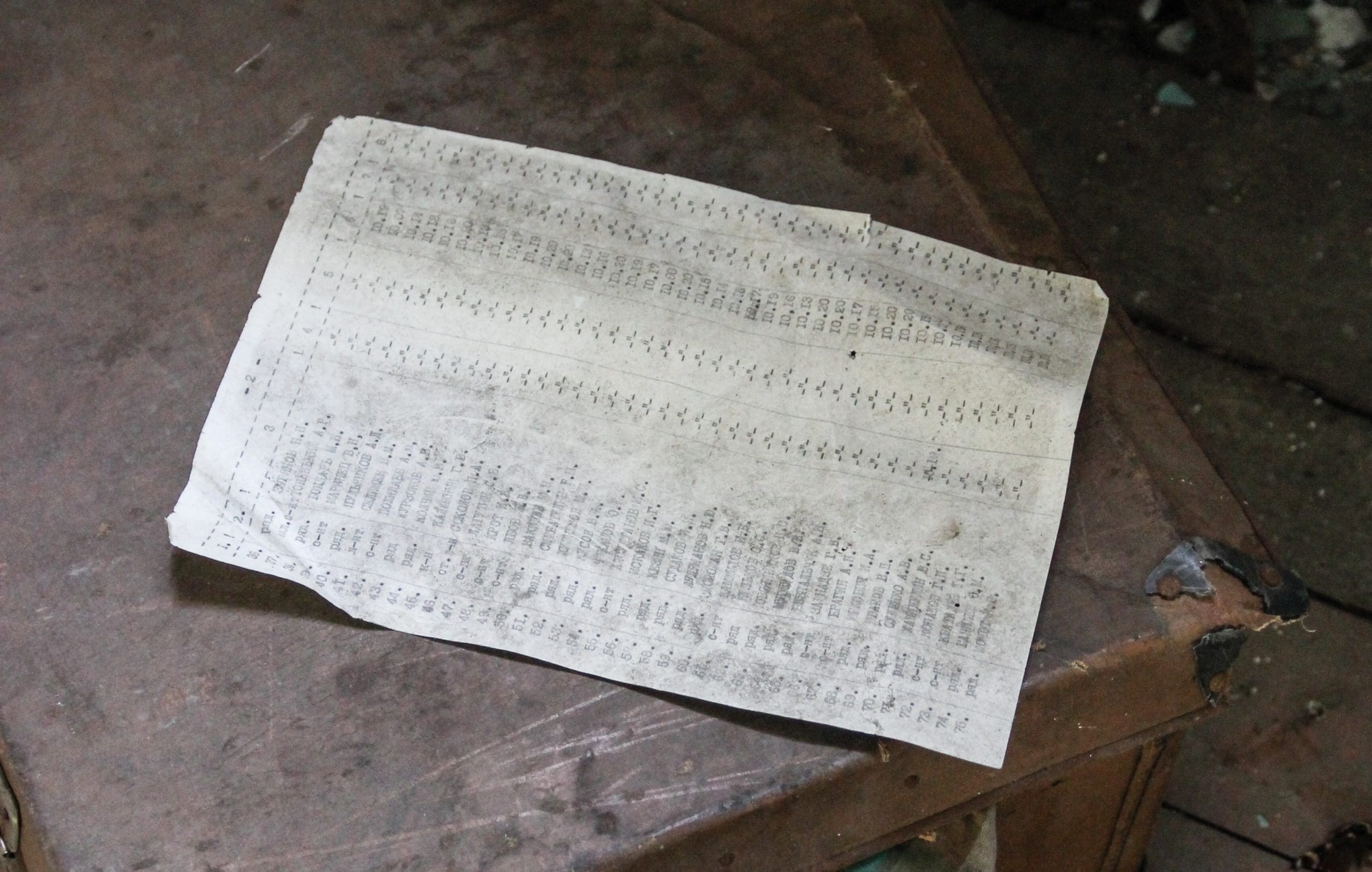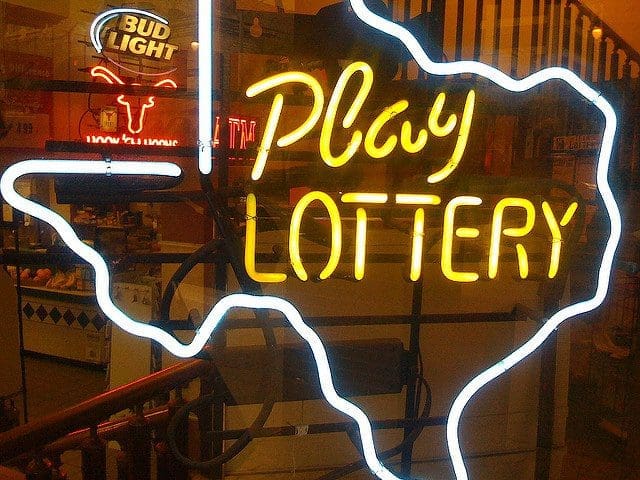Austin’s mayor has a new order for businesses: collect contact information to track every customer that comes in your doors, or potentially face public punishment.
Last Friday, Mayor Steve Adler announced his extended, questionably legal stay-at-home order, in which he “encourages” restaurants and businesses of 75 capacity or less to record an “activity log” of all customers that come in. That means collecting “contact information for all inside or sit-down customers and employees including the dates and times they were present in the business and the location where they sat or were served [in] a restaurant or reopened service with seating.”
Though keeping a log isn’t mandatory, a business could potentially pay a devastating price if they don’t obey.
“In the absence of [such] a log, Austin Public Health may need to publicly release, without limitation and in its discretion, the location where people with confirmed infections have been, with relevant dates and timeframes, so as to otherwise trace contacts,” the order reads.
In other words, for the businesses who don’t follow the order, the city government can determine if they were exposed to the coronavirus and has unlimited power to publish their names to the public.
“This just isn’t going to work,” said Skeeter Miller, owner of the County Line and president of the Greater Austin Restaurant Association. He said not only will many restaurants not be able to do that kind of tracking, but many customers will refuse to provide that personal information.
Adler’s order comes as Texans across the state continue struggling to provide food for their families under prolonged government-ordered shutdowns (even with the governor’s recent trickled reopening of businesses), and as doomsday national health predictions about the coronavirus continue to be exposed as wildly inaccurate.
Yet local officials, including Adler, have used faulty and questionable projections to justify their livelihood-killing shutdowns; last month, Adler demonstrated the latest example when he used a report from the University of Texas that had 70 to 100 percent uncertainty—or in other words, no clue of what’s truly going on.
Despite projections, coronavirus numbers in Texas have been far lower than projected; overflow medical facilities have been delayed, and hospitals across the state still haven’t seen the predicted surge of coronavirus patients.
However, Adler has still vocally disagreed with Gov. Greg Abbott allowing some Texans to begin providing for their families again, saying he’d prefer to stay closed for another month.
Currently in Travis County, where Austin is located, there are 2,127 confirmed cases of coronavirus out of 1.27 million people—a little over 0.1 percent of the population. Tragically, 60 have died.
From 2017 to 2018, 49 Travis County citizens died from the flu.
Of the state’s 29 million Texans, there have currently been a little over 1,000 coronavirus deaths. This flu season, 6,737 Texans died from influenza and pneumonia.
Meanwhile, because of the government shutdowns, 261,000 Austinites could lose their jobs, and over 30 million Americans are now unemployed, potentially facing a new crisis of feeding their family and providing a place to live.
For the businesses in Austin that are allowed to begin reopening, though, Adler’s activity log order and threat to publish names is not only a strenuous task but a potentially devastating punishment for those just now trying to rebuild their livelihoods.
“It’s really confusing,” Sam Demi, owner of Milano Cafe in Austin, told local news KXAN. “[The] governor says one, mayor says different, health department … Strict rules with this reopening.”





